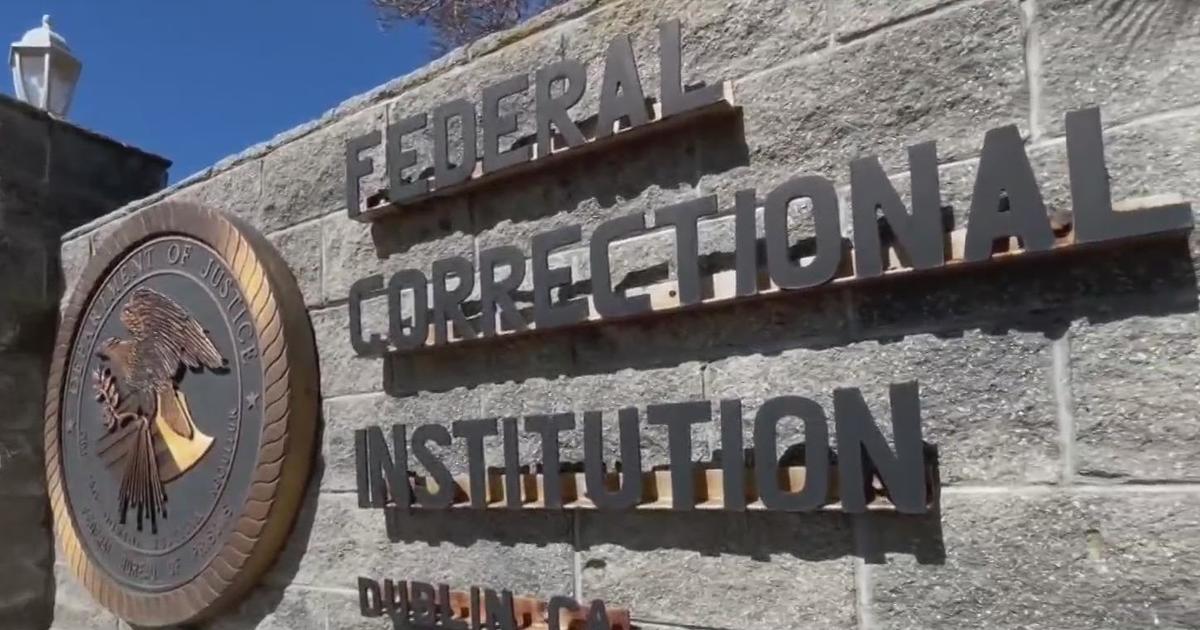Governor Brown To Seek Sweeping Pension Cuts
SACRAMENTO (CBS / AP) -- Gov. Jerry Brown will propose sweeping rollbacks to public employee pension benefits in California, including raising the retirement age to 67 for new employees who are not public safety workers and requiring state and local employees to pay more toward their retirement and health care, according to a draft of the plan obtained Wednesday by The Associated Press.
The governor will also propose Thursday a mandatory "hybrid" system in which future retirees would get their retirement from a guaranteed benefit and a 401(k)-style plan subject to market whims. For employees with at least 30 years of service, retirement benefits would aim to replace about 75 percent of an employee's salary through retirement funds and Social Security, according to the draft.
The plan, as drafted, also would end so-called pension "spiking" that lets employees boost their payouts by including overtime and other benefits, and end the practice of buying additional service credits.
"It's time to fix our pension systems so that they are fair and sustainable over a long time horizon," Brown said in a prepared statement to the AP. "My plan raises the retirement age and bans abusive practices like "spiking" and "air time" while mandating that public employees pay an equal share of pension costs."
The administration estimates its proposal would save about $900 million annually.
Brown's plan would require approval from the Legislature, where union-allied Democrats are likely to balk at some of the significant rollbacks, and where Brown failed to win consensus on pensions with Republicans last spring.
Several parts of the plan would also require voter approval, including extending many of its provisions to employees at California's public university systems, and Brown's goal to add two independent, public members to the board of the California Public Employee Retirement System, the nation's biggest public pension fund. The board has come under scrutiny during an influence-peddling investigation by the attorney general's office alleging fraud and kickbacks through middlemen known as placement agents who seek investment business.
Kevin Bassett, chief of staff for Senate Minority Leader Bob Dutton, R-Rancho Cucamonga, had not seen the governor's proposals but said many of them sound similar to ideas raised in discussions between Republican lawmakers and the governor last spring.
"We want to have a system that's sustainable, that's fair for employees, fair for taxpayers and that addresses our unfunded liabilities, that addresses our annual cost challenges," Bassett said.
Dave Low, chairman of the union-backed group Californians for Retirement Security, was lukewarm about the plans Brown outlined. Low and other labor officials were briefed on the plan Wednesday.
"The governor has indicated that labor will not like many of his proposals. He is right," Low said in a written statement.
"Many of the governor's proposals circumvent collective bargaining. Unions across California have negotiated major retirement concessions, including increased payments by employees and two-tier benefits. These concessions have already saved the state, cities, counties and other entities hundreds of millions of dollars," Low said.
Earlier Wednesday, a joint Senate-Assembly panel held a hearing on the crisis facing California, where the recession has pummeled once-flush government pension funds that have tumbled in value with the stock market and real estate prices. The state has promised government retirees billions of dollars in future benefits that it might not be able to pay.
Estimates for the gap between what is owed to current and future public retirees, and what will be available to pay them, have varied widely with the fluctuating economy.
A report last year by the Stanford Institute for Economic Policy Research said that retirement funds for 2.6 million California teachers, state workers and university employees together faced long-term gaps of over $500 billion. The California Public Employees' Retirement System has $75 billion in unfunded future pension liabilities, and the state is on the hook for an estimated $51.8 billion in unfunded retiree health care costs.
Brown's latest plan would require new employees to work at least 15 years before they are eligible for any state-funded retiree health care. When retirees become eligible for Medicare, the state would pay only the premiums for that federal program, rather than the more generous benefits now offered.
The administration also wants to require all public employees to contribute at least half the annual cost of funding their pension benefits. Under current systems, some employees do pay that much but others pay little or nothing, leaving the full burden on taxpayers.
Pension talks with the GOP broke down this spring as Republican lawmakers sought deeper rollback than Brown had proposed, including the mandatory "hybrid" system he is now seeking and a statewide vote on permanent pension reform that would ensure changes made now couldn't be easily overturned in the future.
Some of the elements of the plan Brown will unveil Thursday were included in previous proposals, according to the draft. Other parts of the proposal include:
- Raising the retirement age from 55 to 67 for non-public-safety employees; public safety officials who can now retire as young as 50 would have to work longer, but the calculation would be based on their ability to perform.
- Prohibiting pension pay holidays, in which employers or employees suspend pension contributions.
- Calculating benefits based on the highest average compensation over a three-year period, rather than the current system which bases it on a single year of final compensation, which has been used to artificially boost pension payments.
- Prohibiting retired employees who serve on public boards and commissions from earning any retirement benefits for that service.
Union officials said at Wednesday's hearing that a typical state worker earns an annual pension of about $31,000, but benefits can vary widely. A highway patrolman with 28 years of service can take home a pension of more than $90,000 a year, said David Lamoureux, a deputy chief actuary with the state Public Employees' Retirement System. According to one tally cited by Republicans, more than 9,000 state employees are receiving six-figure pensions.
(Copyright 2011 by CBS San Francisco. All Rights Reserved. This material may not be published, broadcast, rewritten, or redistributed.)



